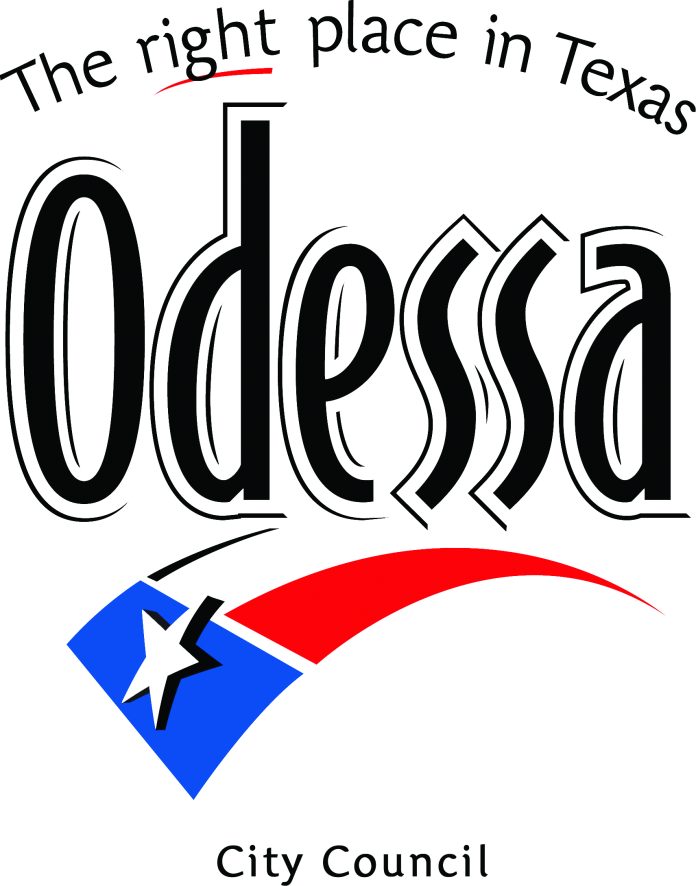An electrical issue at one of the City of Odessa’s pump stations has prompted a 24-hour boil water notice for Lawndale, Ratliff Ridge and Yukon Ridge.
City spokeswoman Monica McDaniel said the electrical issue caused the pump station to go offline and the water was off for two hours.
Those issues have since been resolved, but the boil water notice was issued around 6:30 a.m. Sunday “out of an abundance of caution,” McDaniel said.
Tests have shown water quality within the impacted areas were “well within” Texas Commission on Environmental Quality guidelines, McDaniel said.
This is at least the third water boil notice issued in Odessa since June 2022.
In August 2022, more than 20,000 North Odessans had to boil their water for several hours after a glitch in a computer system responsible for evaluating water levels and water pressure occurred.
An increase in usage caused water levels to drop, but because of the glitch, operators were unaware of it and did not increase the pumpage to address the routine drop.
As a result, the water pressure dropped below 20 pound-force per square inch and the Texas Commission on Environmental Quality required the city to impose a boil water notice.
Whenever boil water notices are issued, cities are required to conduct tests to ensure there are no harmful bacteria and other microbes within the system.
Back in June 2022, the vast majority of the city was without water for 48 hours when a 60-year-old, 24-inch water line broke at 42nd and San Jacinto streets. The crisis, which forced residents to boil their water for five days, cost the city nearly $607,000.
Below is a Q&A from the city:
Q: What about brushing your teeth?
A: Use bottled or boiled water to brush your teeth.
Q: How long should water be boiled?
A: Vigorous boiling for at least one full minute is the safest and most effective method of disinfection.
Q: What if I accidentally drank tap water before I learned about the Precautionary Boil Water Notice?
A: If this happens, don’t panic. The chances of becoming sick are slim. See your doctor if you experience diarrhea, nausea, vomiting or abdominal cramps.
Q: How does boiling water make it safe to drink?
A: Boiling water purifies it because disease-causing bacteria, viruses or parasites will be destroyed by the heat.
Q: Can I take a shower?
A: Yes. Just be careful not to drink the water while you shower or bath.
Q: Can I use my ice maker during the notice?
A: Ice already in the freezer when the water pressure drops and before the Precautionary Boil Water Notice is issued is safe. When the notice is issued, turn off your ice maker. Any ice made during the notice should also be disposed of. Allow your icemaker to make three batches of ice and then discard that ice.
Q: Can I use tap water for making coffee, tea, lemonade, baby formula, frozen juice, or other beverages?
A: No. Water intended for drinking must be boiled before using it to make beverages or use bottled water.
Q: Can I wash food with tap water?
A: Fruits, vegetables and other foods should be washed with bottled or boiled water only.
Q: What about washing dishes?
A: Hand-washing dishes: Wash with hot soapy water, then use boiled water to rinse. Dishwasher: If the hot water reaches at least 170 degrees or the dishwasher has a sanitizing cycle and includes a full dry cycle, this will be sufficient.
Q: Can I wash my hands in tap water during the notice period?
A: Use tap water and soap for hand washing and basic hygiene, but if you are washing your hands to prepare food, use bottled or boiled water.




